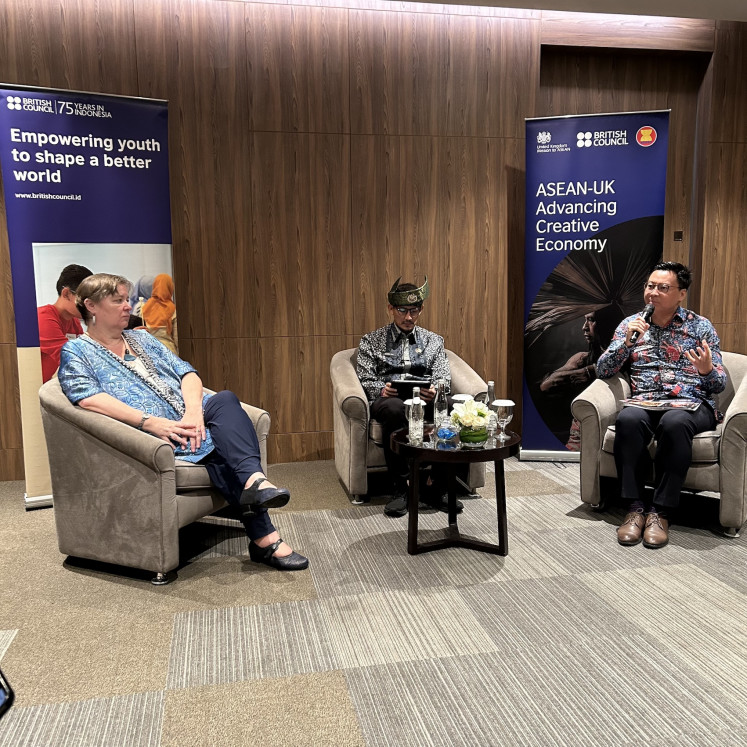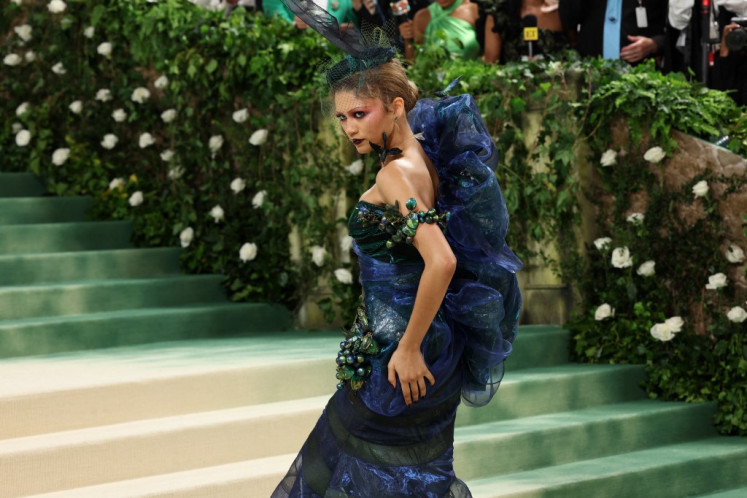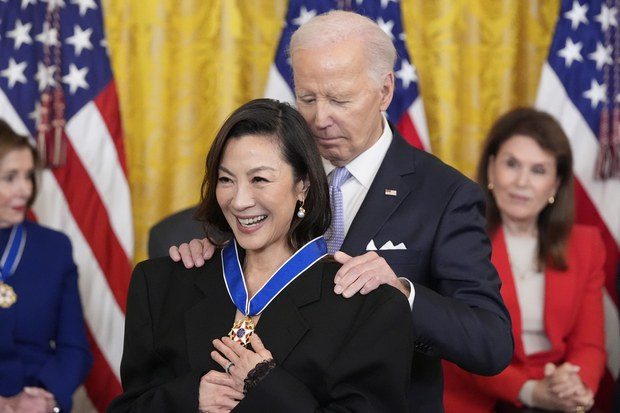Tang Xianzu international theater exchange program pays tribute to literary classics
Through its poetic language and tone, florid music, coded dance movements and euphemistic gestures, the surviving forms of Chinese opera flourish in the world stage of theater and drama through the works of Tang Xianzu (1550 – 1616), a Chinese playwright of the Ming Dynasty.
Change Size
 Modern sculpture at Wuyi square and the Grand Theatre of Fuzhou. (Shutterstock/Sean Pavone)
Modern sculpture at Wuyi square and the Grand Theatre of Fuzhou. (Shutterstock/Sean Pavone)
T
o the unfamiliar eye, Chinese opera is often seen as the marriage between sharp speech and overstated mime. The thought understates the lack of appreciation of Chinese culture and good storytelling as often the same literary style that brought the world the love and lust tale of Romeo and Juliet brought the eastern world the passionate tale of Liu Mengmei and Du Liniang’s love through, and even after, death.
Through its poetic language and tone, florid music, coded dance movements and euphemistic gestures, the surviving forms of Chinese opera flourish in the world stage of theater and drama through the works of Tang Xianzu (1550 – 1616), a Chinese playwright of the Ming Dynasty. Academically considered to be William Shakespeare’s contemporary, he wrote over 2,000 poems and essays, of which he is best known for four plays – The Purple Hairpin, Record of the Southern Bough, Record of Handan and The Peony Pavilion.
The Peony Pavilion is generally considered to be Xianzu’s greatest masterpiece. Akin to Shakespeare’s Romeo and Juliet, The Peony Pavilion’s star-crossed lovers Liu Mengmei and Du Liniang’s romance is bound to condemnation and social rejection. Their powerful displays of love, however, impress their gods even in the afterlife.
Xianzu’s stories, which have entertained fellow countrymen around its unique folklore, nowadays delight audiences from around the world in his hometown of Fuzhou, China. In an exemplary international showmanship of cultural exchange, the city of Fuzhou, in cooperation with the UK government, announced the third annual Tang Xianzu International Theater Arts Exchange program honoring the Chinese playwright, Shakespeare and other literary masters whose legacies transcend the test of time.
From September 28 through late October, the series of programs will pay tribute to some of Tang Xianzu’s most notable plays as well as set the stage for world-renowned theater and performing troupes, including, most notably, the Tchaikovsky Ballet Theater.
During a press conference in Beijing, Xiao Yi, vice chairman of the Jiangxi Provincial People’s Political Consultative Conference and secretary of the Fuzhou Municipal CPC Party Committee, stated : “By organizing the Tang Xianzu International Theatre Exchange Month, Fuzhou aims to promote excellent traditional culture, tell Chinese stories in a more engaging manner and carry out Chinese and foreign cultural exchanges and cooperation to bring domestic and global attention to Tang Xianzu, Fuzhou, Jiangxi and Chinese culture, thus increasing Chinese culture’s presence and influence.”
Fuzhou’s recognition for its quintessential theater and historical achievements are anything but novel. The event, and its city, has drawn international acclaim and recognition for being not only a theater and opera stage but also a land infused with oriental creative undertakings of physical, vocal and pictographic art.
The rich repertoire of acrobatics, distinct vocals and performances are even now attracting some of the greatest dramatists of the world. The international community looks to Fuzhou for a China beyond its Belt and Road future and into its “Dream and Drama” culture.
“This year’s exchange month aims to organize an innovative, diverse, dynamic and classic event” added Zhang Hongxing, mayor of Fuzhou City.
The event also honors modern-day China and its amicable ambitions to build up international relations through shared literature and culture. As part of the growing relationship between China and Europe under President Xi Jinping’s Belt and Road Initiative, the national initiative to promote each region and its individualistic art form is already proving successful.
Read also: China's Wanda opens its answer to Hollywood
The city of Fuzhou has seen a great jump in visitors since the program’s conception two years ago. In the last year alone, it boasted over 100,000 research and study visits and accommodated over 283 train trips through just two routes. Wu Zhongqiong, deputy governor of the People’s Government of Jiangxi Province, comments that while the boost is great for the city, it’s “green and sustainable” approach to its growth are also a main objective of the city.
Fuzhou, nationally acclaimed as China’s “City of Plays,” is home to more than just Tang Xianzu’s Chinese drama masterpieces, it is also the birthplace of some of China’s most notable politicians, scientists and inventors.
To the likes of Cervantes and Shakespeare, whose plays are also being represented and featured throughout the program, their playwriting caliber is best portrayed in the lasting impact their respective plays have had over 400 years after their death. Tang Xianzu’s artful form of storytelling and deliverance from tragedy mark him to be in league with the greatest.









